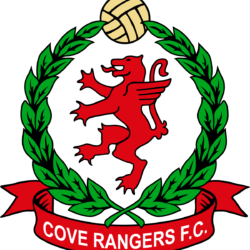River Plate FC stands as one of the most iconic and successful football clubs in Argentina and worldwide. With a rich history rooted in passionate rivalry, remarkable achievements, and a legacy that continues to inspire generations, River Plate FC has carved its name as a symbol of excellence and tradition in football.
The Origins and Early History of River Plate FC
Understanding the roots of River Plate FC provides a glimpse into how the club evolved from its humble beginnings to becoming an Argentine football powerhouse. Founded amid the vibrant cultural context of early 20th-century Buenos Aires, the club’s initial days laid the foundation for future glory 88CLB.
The Founding Years and Name Origins
River Plate FC was established in 1901 in the neighborhood of Nunez, Buenos Aires. The club’s founders, a group of sports enthusiasts, chose the name “River Plate” after the famous river that bisects Argentina, symbolizing strength and endurance. The name was a nod to the river’s significance in the region’s economy and culture, embodying the club’s aspiration to be a vital force in Argentine football.
In its early days, the club played informal matches against neighboring teams, gradually building a reputation for resilience and skill. The club adopted blue and white colors, inspired by the Argentine flag, fostering a sense of national pride.
Early Goals and the Development of Local Rivalries
During its formative years, River Plate FC focused on cultivating local talent and developing a cohesive team strategy. Their early successes drew attention from local communities and established rivalries that would define Argentine football culture.
The club’s initial forays into regional competitions set the stage for its national dominance. Key figures in the club’s early management and coaching contributed to shaping its identity and strategic vision, emphasizing discipline, skill, and community engagement.
Challenges and Growth in the First Decades
The club faced numerous challenges in its infancy, including financial constraints and intense competition from established clubs like Boca Juniors. However, resilience and strategic planning enabled River Plate FC to stabilize and expand.
The early decades saw the club participating regularly in the Argentine Primera División, gradually earning respect through consistent performance. Its emphasis on developing homegrown talent fostered a strong domestic reputation, eventually leading to international recognition.
The Club’s Infrastructure and Youth Development
Beyond competitive success, River Plate FC invested in infrastructure and youth development programs. Establishing training facilities and youth academies was crucial, ensuring a steady pipeline of talented players. These initiatives contributed to the club’s sustained success and reputation for nurturing talent.





